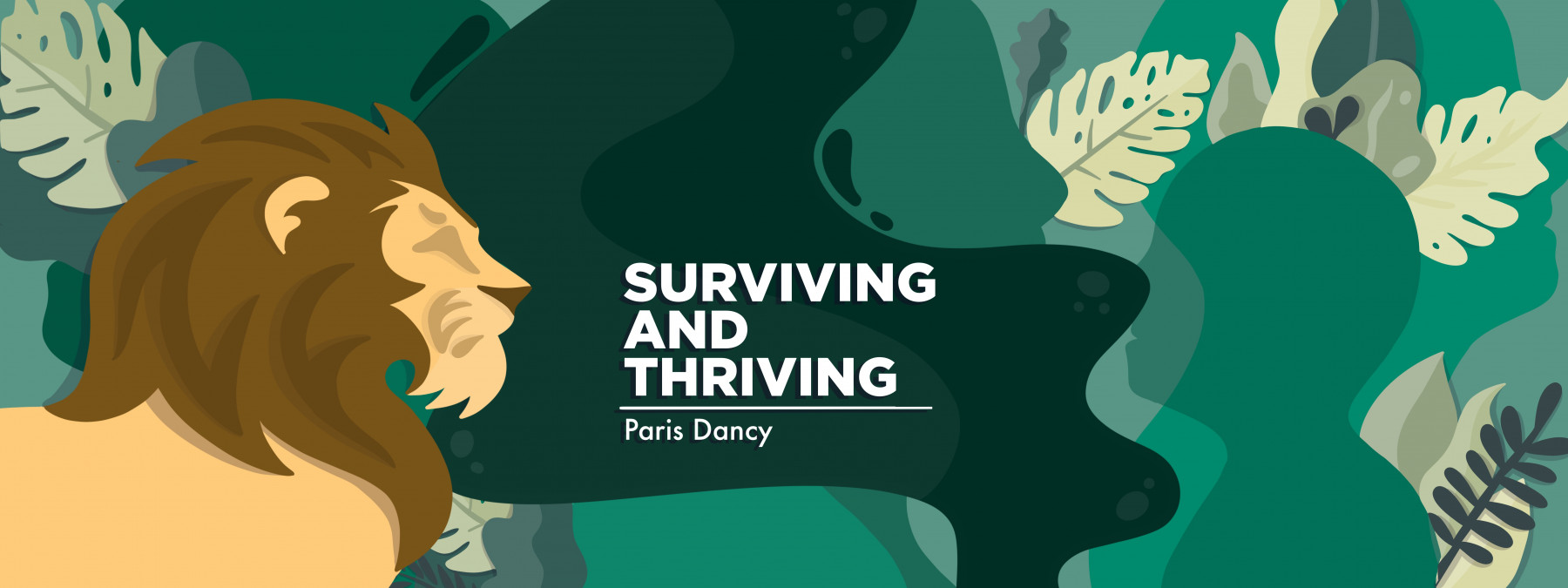Finding Strength in Adversity
Written by |

Master Chief Boatswain’s Mate Carl Brashear‘s name is synonymous with resilience and determination. Brashear, who became the first Black master diver in the U.S. Navy, had to deal with pervasive racism from Navy colleagues. Additionally, in 1966, he suffered an injury that resulted in the amputation of his leg. Thinking he could no longer fulfill his duties, naval superiors wanted Brashear to retire.
Instead, he set out to prove to the Navy that he could excel, regardless of his injury. Brashear went on to qualify as a master diver in 1970. He retired with the highest rank of master chief. Later, his story was featured in a motion picture called “Men of Honor.”
Brashear’s story is truly inspiring for anyone struggling with a traumatic event or its aftermath. For those who live with Cushing’s disease, one of the struggles is accepting that life is different after diagnosis. I can only speak for myself, but in my case, I haven’t been the same since a pituitary tumor was discovered on my pituitary gland seven years ago.
When I hear about someone who triumphed after overcoming hardship, I look for parallels to my own experiences. I’m not comparing myself to Brashear, but there are lessons for life with Cushing’s disease. Like anyone diagnosed with the disease, Brashear probably didn’t expect to have to deal with such drastic changes in his life. Although we now know the outcome for him, I’m sure that when he was going through rehabilitation, he faced extreme frustration, anger, doubt, depression, and probably anxiety. Sound familiar?
The ending of “Men of Honor” offers a powerful message of strength, courage, and honor. Strength is developed when you overcome the mental barriers that hold you back. All of us who have dealt with Cushing’s disease understand the range of emotions one must deal with. Inner struggles, intrusive thoughts, and self-esteem issues must be confronted daily.
When a newfound strength has been developed, courage will emerge. This comes from facing our fears.
Recovering from severe injuries affects people differently. In my case, self-doubt and shame were the main adversaries. Once I started to understand what had happened to me and what I could control, the self-doubt and shame began to disappear.
Honor meant fulfilling my obligations to my wife and other loved ones. I owe it to myself and to them to fight every day to be the best version of myself.
Note: Cushing’s Disease News is strictly a news and information website about the disease. It does not provide medical advice, diagnosis, or treatment. This content is not intended to be a substitute for professional medical advice, diagnosis, or treatment. Always seek the advice of your physician or other qualified health provider with any questions you may have regarding a medical condition. Never disregard professional medical advice or delay in seeking it because of something you have read on this website. The opinions expressed in this column are not those of Cushing’s Disease News or its parent company, Bionews, and are intended to spark discussion about issues pertaining to Cushing’s.







Leave a comment
Fill in the required fields to post. Your email address will not be published.